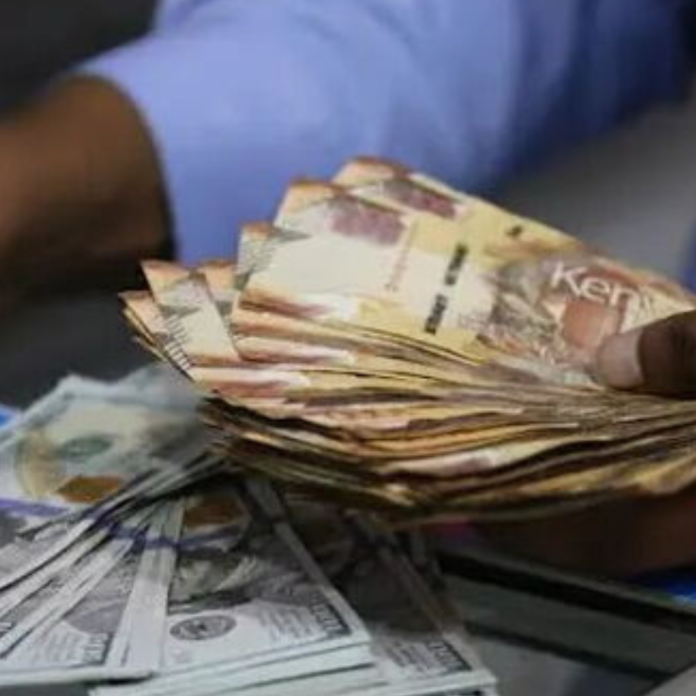Central Bank of Kenya (CBK) Governor Kamau Thugge has revealed that Kenya is projected to lose approximately Ksh12.8 billion ($100 million) each year in exports to the United States, following former U.S. President Donald Trump’s imposition of a 10% reciprocal tariff on Kenyan goods.
Speaking during the Monetary Policy Committee (MPC) meeting on Wednesday, April 9, Thugge explained that while the tariff could marginally affect Kenya’s exports, it is unlikely to cause major disruptions to the country’s overall economy.
Thugge noted that Kenya exports around Ksh84 billion ($650 million) worth of goods to the U.S. annually. He added that even in a worst-case scenario, the potential $100 million reduction would have little effect on the national GDP or the country’s balance of payments.
The governor also assured that the new tariffs would not affect the Kenyan shilling, which has maintained relative stability against the U.S. dollar over the past year. As of April 9, data from the London Stock Exchange Group (LSEG) placed the exchange rate at Ksh129 to the dollar.
“In the most extreme case, if nothing changes, the 10% tariff could reduce our exports to the U.S. by $100 million. However, this figure is minor when viewed against the size of our GDP and should not impact our exchange rate or balance of payments significantly,” Thugge stated.
The U.S. recently introduced wide-ranging reciprocal tariffs on imports from various countries, Kenya included. Trump’s executive order introduced a tiered tariff system beginning at a minimum of 10%, with the rate determined by trade balances and diplomatic factors.
Kenya, which ranks as the sixth largest African trade partner to the U.S., will now face a cumulative 20% tariff on its exports. Similar tariffs have also been imposed on other African nations, most receiving the minimum 10% rate.
Despite the setback, Trade Cabinet Secretary Lee Kinyanjui remained optimistic. He said that the new tariffs could serve as a catalyst for boosting local industries, especially the underdeveloped textile and leather sectors.
Kinyanjui suggested that the government could take this as an opportunity to increase investment in local manufacturing, thereby enhancing self-reliance and reducing dependency on foreign markets.


